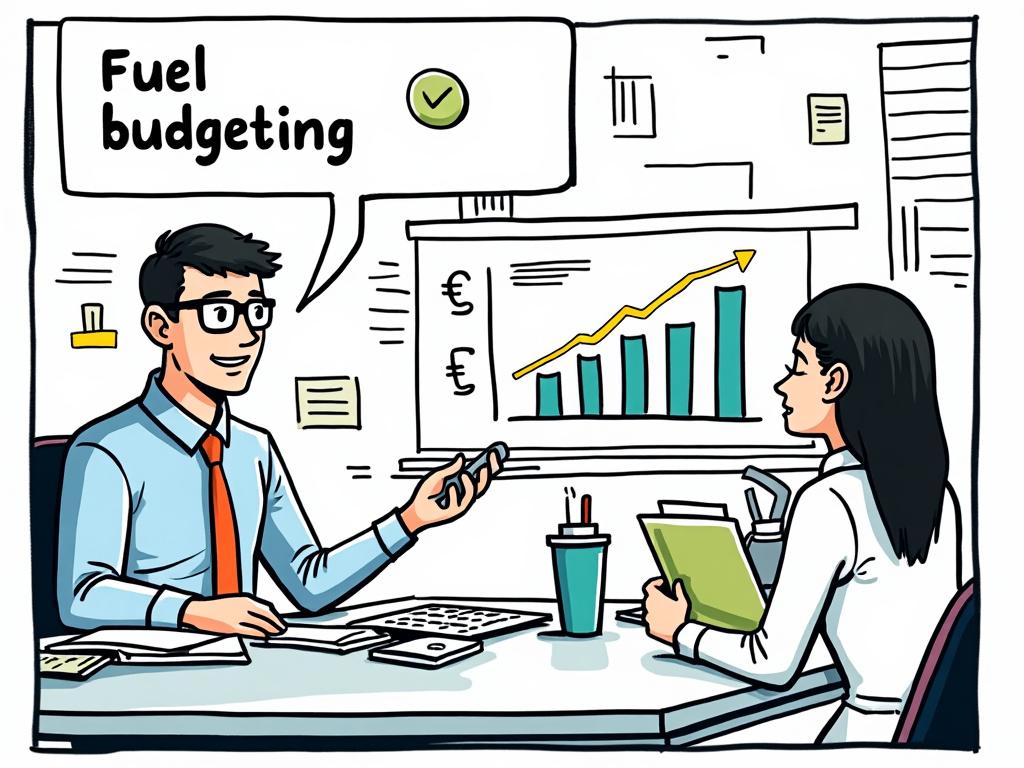
Greece Gasoline Prices: Fuel Costs and Transportation Budget Guide
Reading time: 8 minutes
Planning a move to Greece or curious about fuel expenses? You’re not alone. With gasoline prices fluctuating and transportation costs representing a significant portion of monthly budgets, understanding Greece’s fuel landscape is crucial for smart financial planning.
Table of Contents
- Current Gasoline Prices in Greece
- Regional Price Variations
- Transportation Budget Planning
- International Cost Comparisons
- Fuel-Saving Strategies
- Frequently Asked Questions
- Your Fuel Budget Roadmap
Current Gasoline Prices in Greece
As of 2024, Greece’s gasoline prices hover around €1.55-1.70 per liter for unleaded 95 octane fuel. Here’s the straight talk: these prices place Greece in the mid-to-upper range among European Union countries, significantly impacted by taxation and global oil market fluctuations.
Price Breakdown Analysis
Ever wondered what drives those pump prices? Let’s dissect the cost structure:
- Base fuel cost: ~45% of total price
- Excise tax: ~35% of total price
- VAT (24%): Applied to the entire amount
- Retailer margin: ~8-12% of total price
Pro Tip: Understanding this breakdown helps explain why Greek fuel prices remain relatively stable despite global oil price volatility—taxes form the largest component and rarely change quickly.
Monthly Price Trends
Quick scenario: Imagine you’re budgeting for a family relocation to coastal areas. Fuel prices typically peak during summer months (June-August) when tourism drives demand, increasing by approximately 5-8% compared to winter rates.
2024 Average Monthly Gasoline Prices (€/liter)
Regional Price Variations Across Greece
Not all Greek gas stations are created equal. Regional variations can impact your transportation budget significantly, especially if you’re considering investment in properties in peloponnese or other coastal regions.
Island vs. Mainland Pricing
Here’s where geography gets expensive: Greek islands typically face 10-15% higher fuel costs due to transportation logistics. Crete, Rhodes, and Mykonos show the most significant premiums, while smaller islands can see increases up to 20%.
| Region | Average Price (€/L) | Premium vs Athens | Monthly Budget Impact* |
|---|---|---|---|
| Athens Metropolitan | €1.62 | Baseline | €0 |
| Thessaloniki | €1.59 | -1.9% | -€2.40 |
| Peloponnese Coastal | €1.65 | +1.9% | +€2.40 |
| Crete | €1.74 | +7.4% | +€9.60 |
| Smaller Islands | €1.81 | +11.7% | +€15.20 |
*Based on 80L monthly consumption
Transportation Budget Planning Strategies
Well, here’s the straight talk: Successful transportation budgeting isn’t about finding the cheapest gas—it’s about strategic planning that considers your lifestyle, location, and long-term financial goals.
Average Monthly Fuel Expenses by Household Type
Let’s break down realistic scenarios:
- Single urban professional: €60-80/month (minimal driving, public transport reliance)
- Suburban family: €120-180/month (school runs, shopping, leisure)
- Rural/coastal residents: €180-250/month (longer commutes, limited public transport)
- Island residents: €200-300/month (higher prices, essential vehicle dependency)
The Commuter’s Dilemma: Case Study
Consider Maria, a marketing professional living in Patras but working in Athens. Her weekly 400km round-trip commute costs approximately €45 in fuel alone. By switching to a hybrid vehicle and optimizing her schedule for 3-day office weeks, she reduced monthly fuel costs from €180 to €95—a 47% savings.
International Cost Comparisons
Ready to transform your understanding of Greek fuel costs? Let’s examine how Greece stacks up internationally, because context matters when planning your budget.
European Union Positioning
Greece ranks 15th out of 27 EU countries for gasoline prices. This mid-tier positioning reflects balanced taxation policies compared to high-tax countries like Netherlands (€1.85/L) or low-tax Luxembourg (€1.35/L).
Purchasing Power Analysis
Here’s where economics gets interesting: While Greek fuel prices appear moderate, the purchasing power impact tells a different story. With average Greek salaries around €14,000 annually versus German salaries at €47,000, fuel represents a proportionally larger budget burden for Greek residents.
Practical Fuel-Saving Strategies
Navigating Greek fuel costs doesn’t have to drain your wallet. Let’s explore proven strategies that deliver measurable results.
Strategic Timing and Location
Best Days to Fill Up: Tuesday and Wednesday typically offer the lowest prices, while Friday-Sunday see 2-3% premiums due to weekend travel demand.
Hypermarket Advantage: Large chains like Sklavenitis and Carrefour often provide 3-5 cents per liter discounts with loyalty cards—seemingly small, but adding up to €30-50 annual savings for average drivers.
Vehicle Optimization Techniques
- Tire Pressure: Maintaining optimal pressure improves efficiency by 8-12%
- Air Conditioning Strategy: Use A/C above 50km/h, windows below—saves 10-15% on highway driving
- Route Planning: GPS optimization can reduce fuel consumption by 15-20% through traffic avoidance
Alternative Transportation Integration
Smart Greeks are embracing multimodal approaches. Combining monthly public transport passes (€30 in Athens) with strategic car use for longer trips often proves more economical than full-time driving, especially for urban residents.
Frequently Asked Questions
How do Greek fuel prices compare to pre-2020 levels?
Greek gasoline prices have increased approximately 35% since early 2020, primarily due to global supply chain disruptions, increased taxation, and geopolitical factors affecting crude oil markets. This increase aligns with European trends but impacts Greek households more significantly due to lower average incomes.
Are there significant differences between fuel station brands in Greece?
Major brands like Shell, BP, and EKO typically maintain similar pricing within 2-3 cents per liter. However, independent stations in rural areas may offer 5-8% discounts, while highway service stations charge 10-15% premiums. Quality differences are minimal as Greece maintains strict fuel standards across all retailers.
What’s the best fuel card or loyalty program for frequent drivers in Greece?
The Shell ClubSmart and BP rewards programs offer the most comprehensive benefits, providing 3-5% cashback on fuel purchases plus additional discounts at partner retailers. For high-mileage drivers (>20,000km annually), these programs can save €150-250 yearly. However, always compare actual pump prices, as loyalty discounts don’t always offset higher base prices.
Your Fuel Budget Roadmap
Ready to transform fuel expense complexity into strategic advantage? Here’s your actionable roadmap for mastering Greek transportation costs:
Immediate Actions (This Week)
- Calculate your current monthly fuel expenditure and identify peak usage patterns
- Download fuel price comparison apps like FuelGR or Benzina to track local price variations
- Sign up for loyalty programs at your most-used fuel stations
Short-term Optimization (Next Month)
- Experiment with different routes and timing to identify your most cost-effective travel patterns
- Assess whether a hybrid vehicle makes financial sense based on your driving profile
- Explore public transport integration opportunities in your area
Long-term Strategic Planning (Next 6 Months)
- Consider relocating closer to work or choosing properties with better transport links
- Evaluate the total cost of ownership for different vehicle types based on Greek fuel prices
- Build a fuel price buffer into your emergency fund—recommend 3 months of fuel expenses
The fuel landscape in Greece will continue evolving with EU environmental policies pushing toward electrification and renewable energy integration. Early adopters who adapt their transportation strategies now will enjoy significant competitive advantages in the years ahead.
What’s your next move toward transportation cost optimization? Whether you’re planning property investments in coastal regions or simply optimizing your daily commute, understanding these fuel dynamics positions you for smarter financial decisions in Greece’s evolving transportation ecosystem.

Article reviewed by Amelie Dufour, Co-Living Space Innovator | Urban Millennial Housing Solutions, on June 1, 2025
